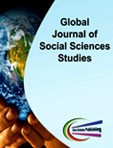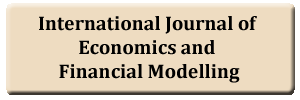The Impact of Basic Endowment Insurance on Urban Residents' Consumption-Empirical Analysis Based on 31 Provincial (Municipal) Panel Data
DOI:
https://doi.org/10.20448/807.5.1.46.57Keywords:
Basic Endowment insurance, Consumption, Individual influence, Structural influence, Regression analysis, The life cycle theory.Abstract
This paper compares three estimation strategies: mixed regression, fixed-effect regression and random-effect regression, based on the provincial (municipal) panel data of China from 2006 to 2015. By examining the individual and structural effects of the data, it finds that the fixed effect model is suitable for this study. Using the variables of urban residents' basic endowment insurance fund expenditure, endowment insurance coverage rate and endowment insurance contribution rate, it establishes a fixed effect variable coefficient model to analyze the relationship between urban residents' basic endowment insurance system and urban residents' per capita consumption expenditure. The results show that increasing the expenditure of basic endowment insurance fund and improving the coverage rate of basic endowment insurance can improve the consumption level of urban residents. The marginal propensity to consume disposable income of urban residents in the current period is larger than that of the basic endowment insurance fund, which indicates that disposable income in the current period can affect the current consumption of urban residents more.





